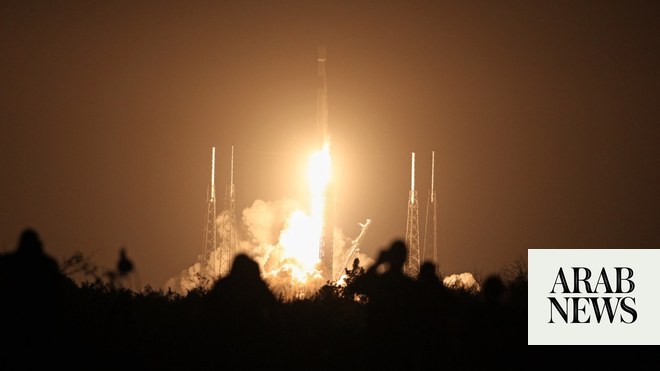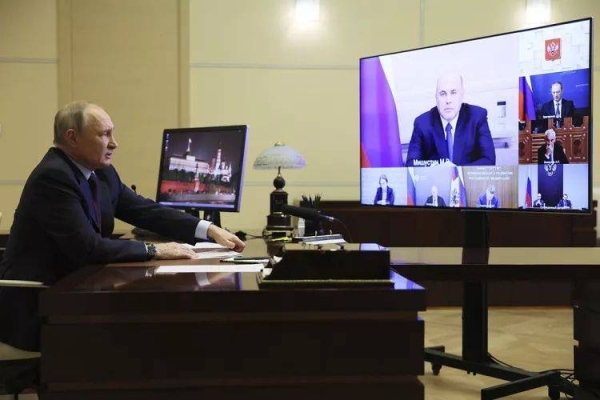
Secretary-General Antonio Guterres welcomes it as ‘important step toward a world free of nuclear weapons’
Treaty signed by 86 nations and ratified by 51 — but none of the world’s nuclear powers have signed up as yet
NEW YORK: The UN celebrated a milestone on Friday as the Treaty on the Prohibition of Nuclear Weapons (TPNW) came into force. It is the first multilateral nuclear disarmament treaty in more than 50 years.
UN Secretary-General Antonio Guterres hailed the moment as “an important step toward a world free of nuclear weapons.” He added that it reflects the global support for a multilateral approach to nuclear disarmament.
So far, however, none of the nine countries that are known or believed to have nuclear weapons — the US, UK, Russia, China, France, India, Pakistan, Israel and North Korea — have signed up to the new accord.
Neither has it been ratified by NATO members, nor by Australia, Japan and South Korea, who rely on nuclear weapons to guarantee their security.
The TPNW, which was adopted by the General Assembly in July 2017, builds on the provisions of the 1970 Treaty on the Non-Proliferation of Nuclear Weapons. Signatories agree not to “develop, test, produce, acquire, possess, stockpile, use or threaten to use nuclear weapons.”
It is also the first treaty that requires signatories to provide assistance to the victims of nuclear weapons. It also calls on nations to remedy environmental contamination caused by the use of such weapons.
The TPNW was approved by 122 nations at the UN General Assembly in 2017 but only in October 2020 did it secure the 50 ratifications it needed to come into force. Nations that ratify it are bound by its provisions.
In a video message, Guterres praised the states that have ratified the treaty. He also highlighted the “instrumental role of civil society in advancing the TPNW’s negotiation and entry into force.”
Chief among the activists campaigning for implementation of the treaty has been the International Campaign to Abolish Nuclear Weapons (ICAN), which was founded in 2007 and awarded the Nobel Peace Prize in 2017.
Beatrice Fihn, the organization’s executive director, hailed the implementation of the TPNW as “a new chapter for nuclear disarmament. Decades of activism have achieved what many said was impossible: nuclear weapons are banned.”
Guterres also paid tribute to the victims of nuclear weapons for the role they played in the implementation of the treaty.
“The survivors of nuclear explosions and nuclear tests offered tragic testimonies and were a moral force behind the treaty,” he said. “Its entry into force is a tribute to their enduring advocacy.”
He added that he will use the treaty to guide UN’s response as the organization prepares for the first official meeting of the states that have ratified it.
Guterres urged all nations to continue to work to rid the world of nuclear weapons, which he said “pose growing dangers,” and to avoid the catastrophes they cause to human life.
“The elimination of nuclear weapons remains the highest disarmament priority of the United Nations,” he added.
Eighty-six countries have signed the TPNW to date, and 51 have ratified it. It now becomes part of international law.
Last October, ICAN noted that “once the treaty comes into force, all (states that are party to it) will need to follow through on their promises, and abide by its prohibitions.”












